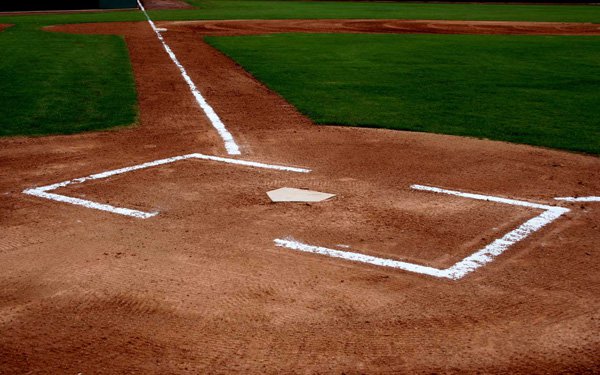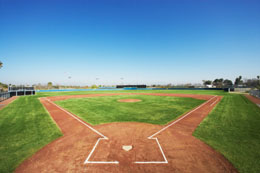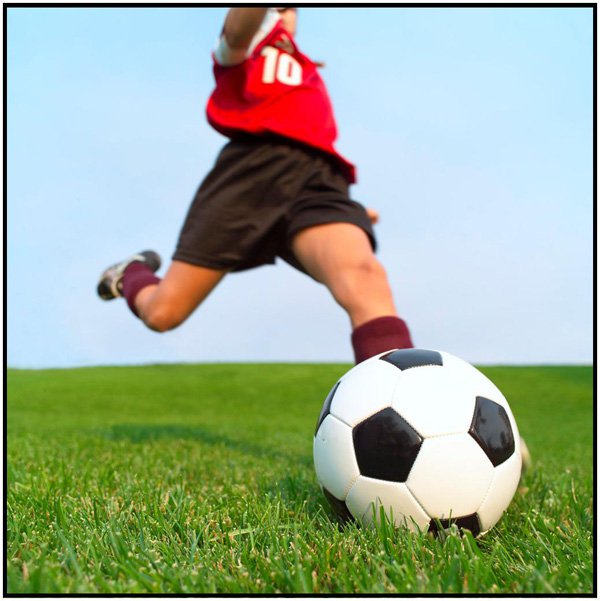football penalty and enforcement
Question
Mr. Winnek:
I have an unusual play. Kicking team punts. The ball rolls dead, untouched. No whistle, so the recieving team picks up the ball and proceeds to advance the ball upfield. Still in progress, a flag flys for the recieving team having too many players on the field during the play. I realize the play should have been blown dead at the spot where it came to rest, but was not. My question is: Where does the penalty for having too many men on the field enforced? Would it be illegal participation or illegal substitution or would you wave off the penalty and replace the ball back where it came to rest.
Thank you, Leon D. Clegg
Answer
Leon
Very good question. Before I answer it there are a few thing I need to know: is this game played under NCAA or Federation rules? What level game was this? You state the ball rolls dead but there were no whistles, was there any signal from the covering official (i.e. Time out signal, pointing in the direction to signify a change of possession and first down for the Receiving team.)? This part of the play rests on the judgement of the officials officiating the game and I won't second guess them but can explain the rules and the question you ask.
This is a scrimmage kick play (i.e. Punt) I assume the ball was legally kicked and crossed the neutral zone untouched. You state "The ball rolls dead, untouched". By rule when the ball comes to rest on a kick the kick has ended and the play is dead. Ruling on this is the responsibility of the officials. This is pure judgement on the officials and they will be looking at the ball to determine if it has come to rest and whether anyone is attempted to field it. If no one is attempted to field the ball or if the kicking team is not touching it down then the official should blow his whistle, signal timeout indicating the play is dead and there is a change of possession. Under Federation rules if the ball becomes motionless and there is no attempt to recover the ball it is dead by rule. Under NCAA rules it is when the loose ball comes to rest and no one tries to secure it. If the officials would have ruled the ball was dead as you state it was there would be no foul for illegal participation. The ball would be dead there and belong to the Receiving team at the deadball spot.
My next question to you is how many Receiving team players were on the field and at what point were there more than 11? Were there more than 11 at the before the snap and at snap? If so under NCAA rules the play should have been whistled dead at the snap and the Receiving team penalized 5 yards for a deadball illegal substitution (exception AR 9-1-5-V, if the 12th player runs on just before [within 2 seconds] or as the snap is occurring it becomes a live ball foul for illegal participation. Practically, officials should shut the play down and not allow a play to occur with more than 11 players on each side - make it a 5 yard penalty for illegal substitution rather than a 15 yard penalty for illegal participation.
If the Receiving team players in excess of 11 came on the field during the kick (loose ball) it is illegal participation. Under Federation rules this would be a post scrimmage enforcement because it is a Team B foul during a scrimmage kick more than 3 yards beyond the neutral zone and B retains possession of the ball when the down ends. Therefore under Federation rules the penalty would be enforced at the spot where the kick ended (the spot where it was recovered by team B and advanced. It would be 15 yard penalty for illegal participation enforced from the PSK - post scrimmage kick spot). Under NCAA rule 9-1-5-b it is a previous spot enforcement or it may be enforced from the subsequent deadball spot for Team B.
If they they blocked or "hindered" the kicking team efforts the foul could be elevated to sideline interference. Your play situation is not a clear cut sideline interference play nor unfair act/tactics.
The play you describe is illegal participation and a 15 yard penalty. If it could be waived off and the ball placed at the spot where it came to rest, that would be the idea outcome. The officials could have conferred to discuss whether the kick down had ended and the ball came to rest motionless with no one trying to recover it. If it was decided that in their judgement the ball was:
1- At rest,
2- Motionless
3- no player was attempting to field it
the the ball should be declared dead and the subsequent penalty flag wiped off. HOWEVER, since it was permitted to remain live we MUST defer tot he judgement of the official ruling on the play that the ball remained in play and the kick down had not ended. That being the case then the Team B players should not have come on the field.
The Teams have the DUTY to wait for the play to become dead and for the officials to signal the play dead before coming on to the field. All too often teams do not do this after a change of possession.
Defensive Cut Block
trying to get on varsity sophmore year(next year)


